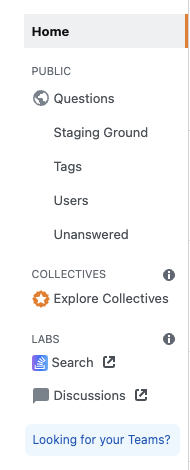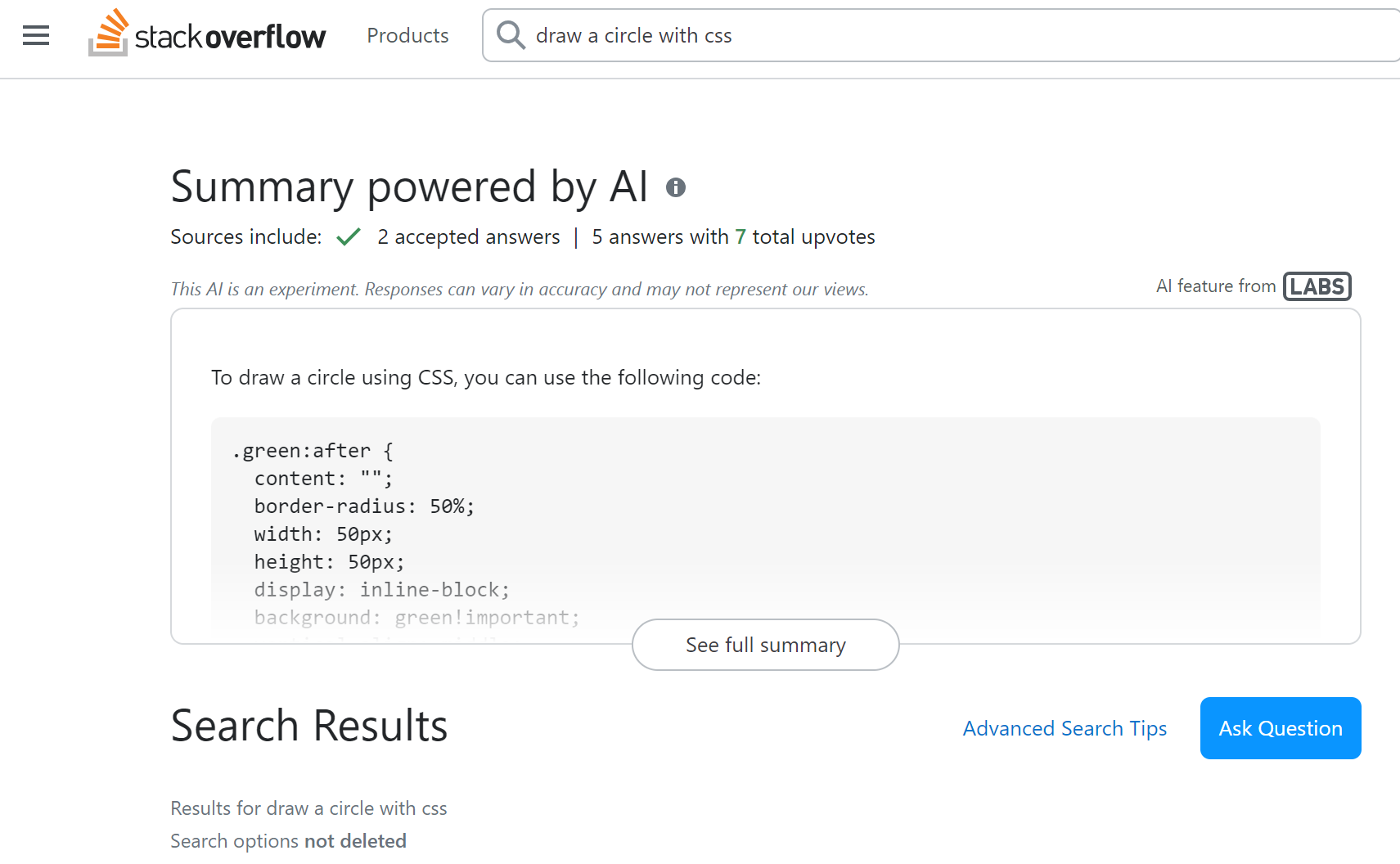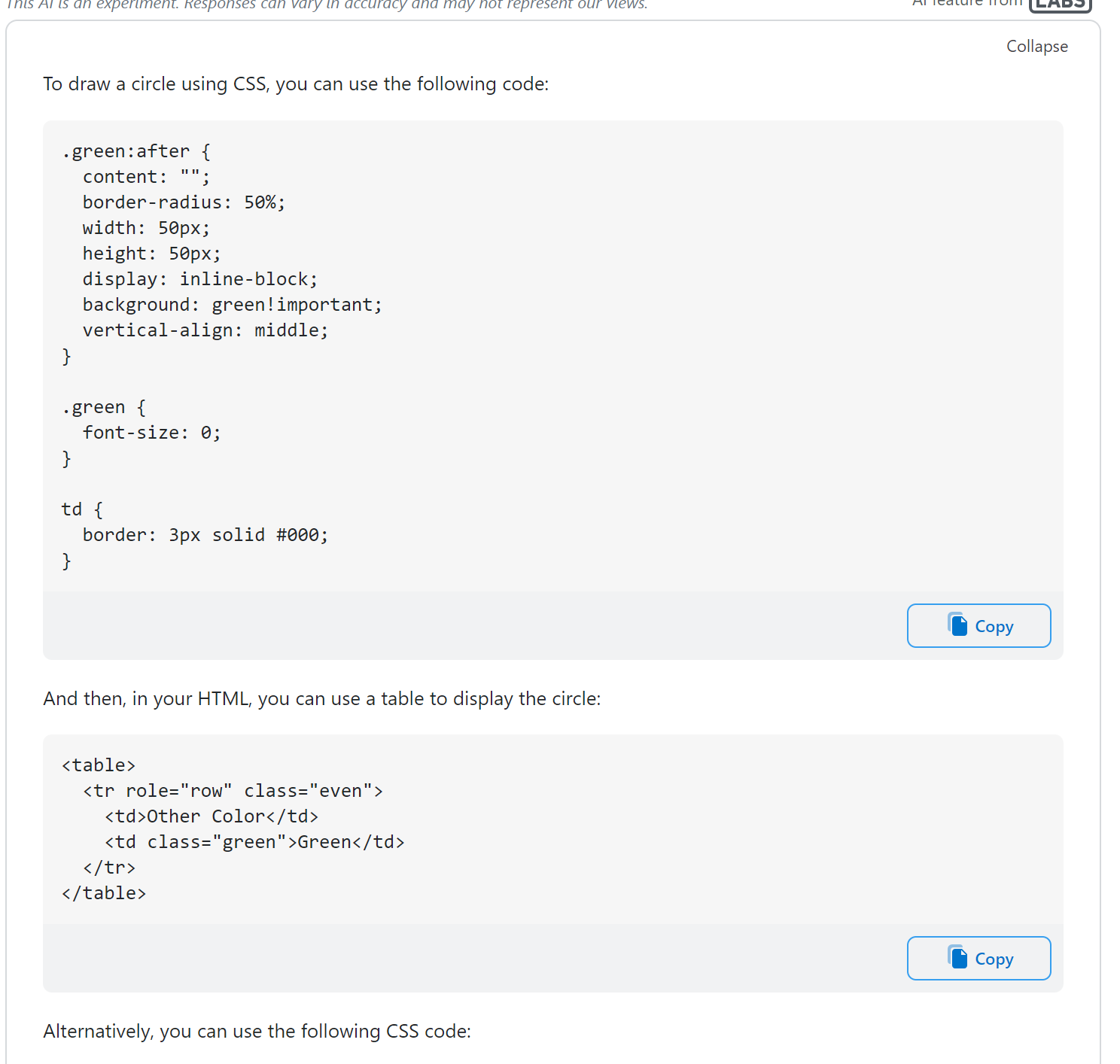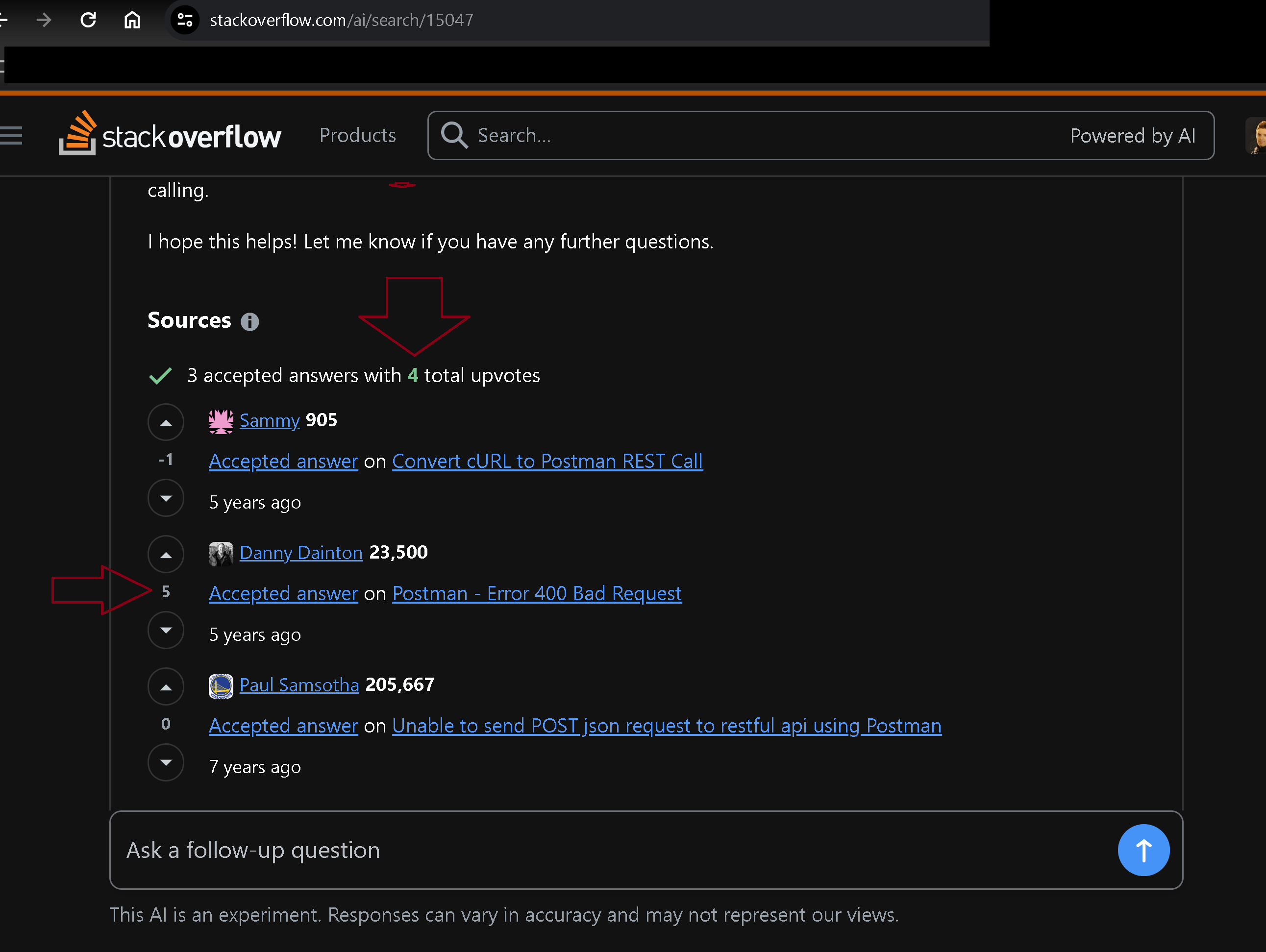A few weeks ago, Stack Overflow CEO Prashanth Chandrasekar spoke at the WeAreDevelopers conference to announce some exciting features we have been working on. On that day, we also shared a small preview of our new search experience. Today, OverflowAI Search is launching into a limited private alpha.
What is an alpha launch?
An alpha launch refers to the initial release of a new product/feature to a limited number of people. Its main purpose is to collect early feedback, identify bugs and other issues, and ensure that the fundamental features function properly by gradually making improvements before it is scaled to a larger audience during a later release.
In short, this alpha launch is a very early glimpse of this feature. We expect the feature set at times to be unstable, and major changes to the product will be made as we continue to iterate. Also, this alpha launch does not replace later testing, where the broader community will have the opportunity to provide feedback here on Meta.
What problems are we trying to solve with this feature set?
We have shown you a sneak peek of what we hope to achieve with this feature set, recognizing the feedback we’ve received that for many developers on Stack Overflow, finding answers to their questions can be difficult or sometimes take a while. This is a complex issue, so let’s look at each of those challenges individually and explain how we are trying to provide solutions.
Challenge: Difficulty in Finding Relevant Answers
We understand that many developers within the Stack Overflow community face the challenge of locating answers to their coding questions. The sheer volume of content and the lack of search relevancy can make it frustrating and time-consuming to identify solutions that truly address their coding issues.
Solution: Semantic Search and Improved Relevance
- To address this, we're introducing AI-powered enhancements that will significantly improve search relevance. Through a hybrid Elasticsearch and semantic search, you'll receive search results that better match your queries, allowing you to quickly find the answers you're looking for to efficiently and effectively solve your problems.
Challenge: Time-Consuming Consumption of Multiple Search Results
We've heard consistent feedback about the time it takes to navigate through search results on Stack Overflow. We recognize that people want to spend less time searching and more time coding, so we're committed to streamlining this process.
Solution: AI Summarization for Quick Insights
- Our new AI summarization feature will enhance your interaction with search results. Not only will it pull out the essential information from answers, but it will also credit the contributors who provided those insights. This means you can get to the core of answers swiftly while still having the expertise of community members at your disposal.
Challenge: Precision in Search Query Formulation
We're aware that crafting queries that yield accurate results can be challenging. Expressing coding issues precisely can be tough, leading to search outcomes that may not quite align with what you need.
Solution: Conversational Search Query Refinement
- To tackle this challenge, we're introducing conversational AI capabilities that allow you to refine your queries in a natural, conversational manner. This approach ensures that your search results match your actual requirements, reducing frustration and delivering more accurate answers.
Our primary aim is to improve the overall search experience for developers and community members by making it easier for users to surface answers to technical questions. We believe AI can play a significant role in opening up possibilities for a wider range of search experiences.
We will share a deeper dive into the origin and the research behind OverflowAI Search in a Meta post early next week. We'll link to the post once here once it's been posted, so stay tuned for updates.
What we are looking for during this alpha, and how we define success?
During the initial alpha phase, our measures of success will primarily be qualitative (rather than quantitative) due to limited audience size. Over time, with wider user adoption and the progression towards Beta, quantitative measures will help provide a more complete picture of the landscape.
As mentioned above, regarding the challenges we’re trying to solve, we can define success based on several hypotheses which we hope to validate with both qualitative and quantitative measurements.
- Hypothesis 1: Implementing semantic search will improve search relevancy for coding questions.
- Hypothesis 2: AI summarization will enhance search efficiency by extracting key insights from answers.
- Hypothesis 3: Conversational search will lead to more helpful search outcomes for user queries.
Here are the qualitative measures for success:
- Are you easily able to complete the core tasks of information retrieval, results assessment, and refining results?
- How do you feel about the product experience? (e.g. satisfaction, value, trust)
- Which features are most/least valuable, and how are you engaging with them?
- Do the AI responses provide consistently useful, relevant and correct information based on your queries and the associated sources?
- Has your usage or perspective of SO changed?
Here are the quantitative measures for success, which can evolve over time as we gather more data:
- Successful searches including, but not limited to:
- Attempting to vote up sources
- Voting on a post referred from OverflowAI Search
- Clicking “Yes” in the AI feedback question on whether the summary helped you solve your problem
- Number of searches performed
- Traffic measured by MAUs (monthly active users)
- Engagement with the OverflowAI Search features including, but not limited to:
- Expanded summary
- Copying code blocks
- AI feedback submissions
We will also be monitoring page views, questions asked and user flags as counterbalance metrics to ensure we are not over-optimizing on success metrics.
What will this process entail, and what kind of feedback are we looking for?
Fundamentally, the choice to launch this alpha testing round is twofold. First, we want to provide more transparency within the product development process. This is something that's been requested by contributors here, and as a company we're pivoting more toward working publicly to respect those desires.
But more importantly, we want to build these features collaboratively, by inviting community members to give input earlier in the design process. While the alpha stage includes a holistic approach, including many different data points and user research, we want to provide the opportunity for users to help influence the direction of this feature by contributing feedback and helping us identify risks/concerns that might not have been considered yet. We plan for this concentrated feedback collection to span over a four-week period, but will adjust that time based on readiness and the data we have collected.
A look behind the curtain
A key focus of our ongoing efforts is to enhance the relevance of our results. We recognize the importance of user feedback in this specifically, as it provides invaluable insights into OverflowAI Search performance. To offer a more transparent view of the various aspects we’ll be enhancing in the backend, Felippe Rangel, Senior Software Engineer and Tech Lead, describes our options as follows:
The process of summarizing search content in our current system involves six different areas where we can make adjustments to enhance the summarization results. These areas, or “tuning knobs”, each play a crucial role in the process.
The first knob is Semantic search quality. This is the starting point of the process, where we retrieve posts that we believe will contain useful answers based on your query. We continually improve our algorithm and data analysis to retrieve better results.
The second knob is the Question selection strategy. Once we have a number of questions that fit your query, we need to decide on the parameters we use to select amongst those questions. For example, we might prioritize questions that are non-deleted, non-closed, and have an accepted answer.
The third knob is the Answer selection strategy. This involves deciding how we should select answers from the set of questions. Should we consider them per-question or as a whole?
The fourth knob is the Answer ranking strategy. This involves deciding how we rank the selected answers from the most relevant to your query to the least relevant, and how many answers we should summarize. For instance, we might prioritize accepted answers first, then by highest score, etc.
The fifth knob is Prompt engineering. Once we have the answers, we need to decide how we communicate to the LLM how it should summarize those answers into one concise response, possibly with examples.
The final knob is Temperature. This refers to how random the LLM results should be. We generally operate on a very low temperature, but it could make sense to leverage the LLM more here.
All of these tuning knobs are already implemented and functional in our backend. They will be our first attempt at providing better results as we gather more info from your alpha experience.
How can you participate?
Recently we announced a call for volunteer reviewers for this feature set within a private Teams instance, and we are still looking for participants. Please fill out this form to be considered for the working group, and read more about what participation in this group entails.
Alternatively, if you would like to just check out the feature set without providing feedback, you can sign up on our Labs page here. Or, you can toggle the alpha waitlist opt-in icon within your account settings.
How we’re letting users know about these features?
We’ve updated the left sidebar on Stack Overflow pages to allow users to more easily access some OverflowAI Labs features (including OverflowAI Search and Discussions).
You may also see a pop-up on the Search bar on Stack Overflow to ask if you are interested in participating in the alpha launch.
For those who choose to participate, we will be gradually rolling out the OverflowAI Search features to waitlisted users in waves. Look for an email confirming your access to try out the new features, and please provide feedback to help us continually improve.
If you are participating in the alpha and want to go back to the previous search experience, you can always toggle it off in preferences to remove yourself from the alpha.
As always, we look forward to hearing from you as we work together to build OverflowAI Search and will respond to inquiries as soon as possible.
TL;DR Thank you
This was a long post where we outlined a lot of technical specs and big goals for this alpha launch of OverflowAI Search. The TL;DR is that OverflowAI Search is a work in progress but we are excited to work with the community as we shape and refine this feature. Thank you in advance for collaborating with us. This process would not be possible without your passionate feedback, and we are thrilled to see what we can build together.




